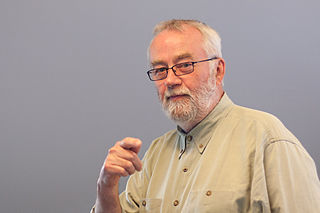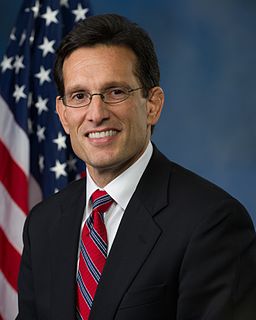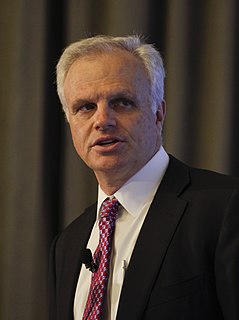A Quote by John T. Chambers
I think we have a tax policy that was designed before Microsoft even went public. I think we've got to change - we're at a huge disadvantage around the world.
Related Quotes
I don’t think that anyone has really told (people) what design is. It doesn’t occur to most people that everything is designed--that every building and everything they touch in the world is designed. Even foods are designed now. So in the process of helping people understand this, making them more aware of the fact that the world around us is something that somebody has control of, perhaps they can feel some sense of control, too. I think that’s a nice ambition.
When we think of design, we usually imagine things that are chosen because they are designed. Vases or comic books or architecture... It turns out, though, that most of what we make or design is actually aimed at a public that is there for something else. The design is important, but the design is not the point. Call it "public design"... Public design is for individuals who have to fill out our tax form, interact with our website or check into our hotel room despite the way it's designed, not because of it.
When I left law school, I wanted to go into the government, into the tax policy area. I got the job that I wanted in the International Tax Council's office in Treasury. I arrived determined to change the world. But I discovered very quickly that the world couldn't care less. And I couldn't stomach the lying and stealing that I witnessed. I realized that the only difference between my mother's family and the senators and administrators that I was working with was that the latter wore suits and ties.
Conservative and liberal politicians alike now spend millions waging wars around the globe, funding the largest military state in the world, providing huge tax benefits to the ultrarich and major corporations, and all the while draining public coffers, increasing the scale of human poverty and misery, and eliminating all viable public spheres - whether they be the social state, public schools, public transportation or any other aspect of a formative culture that addresses the needs of the common good.
I don't think that much change comes from economists. I think it comes more from political realities. Probably the two giants of the 20th century, who actually did shift government policy in the U.S. and around the world, were John Maynard Keynes and Milton Friedman. I don't see anybody in our system who is at that level of influence.
If we can’t puncture some of the mythology around austerity, politics or tax cuts or the mythology that’s been built up around the Reagan revolution, where somehow people genuinely think that he slashed government and slashed the deficit and that the recovery was because of all these massive tax cuts, as opposed to a shift in interest-rate policy - if we can’t describe that effectively, then we’re doomed to keep on making more and more mistakes.
I think the ethos for Gov. Romney is to use a whole variety of policies, of which tax policy is one, to try to raise the rate of growth. We've had a recovery from the financial crisis that would be well below what one might normally expect for a recovery from such a deep recession. And to counteract that we need better tax policy.



































